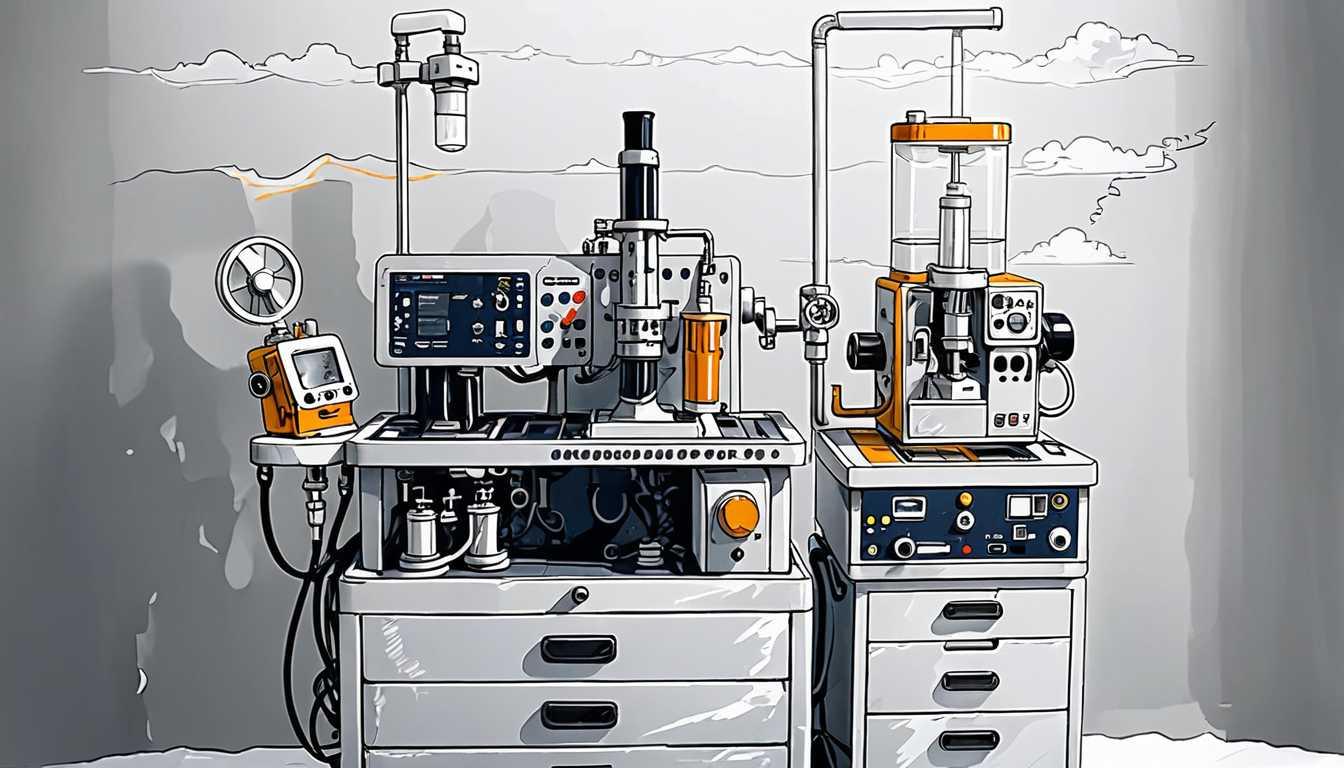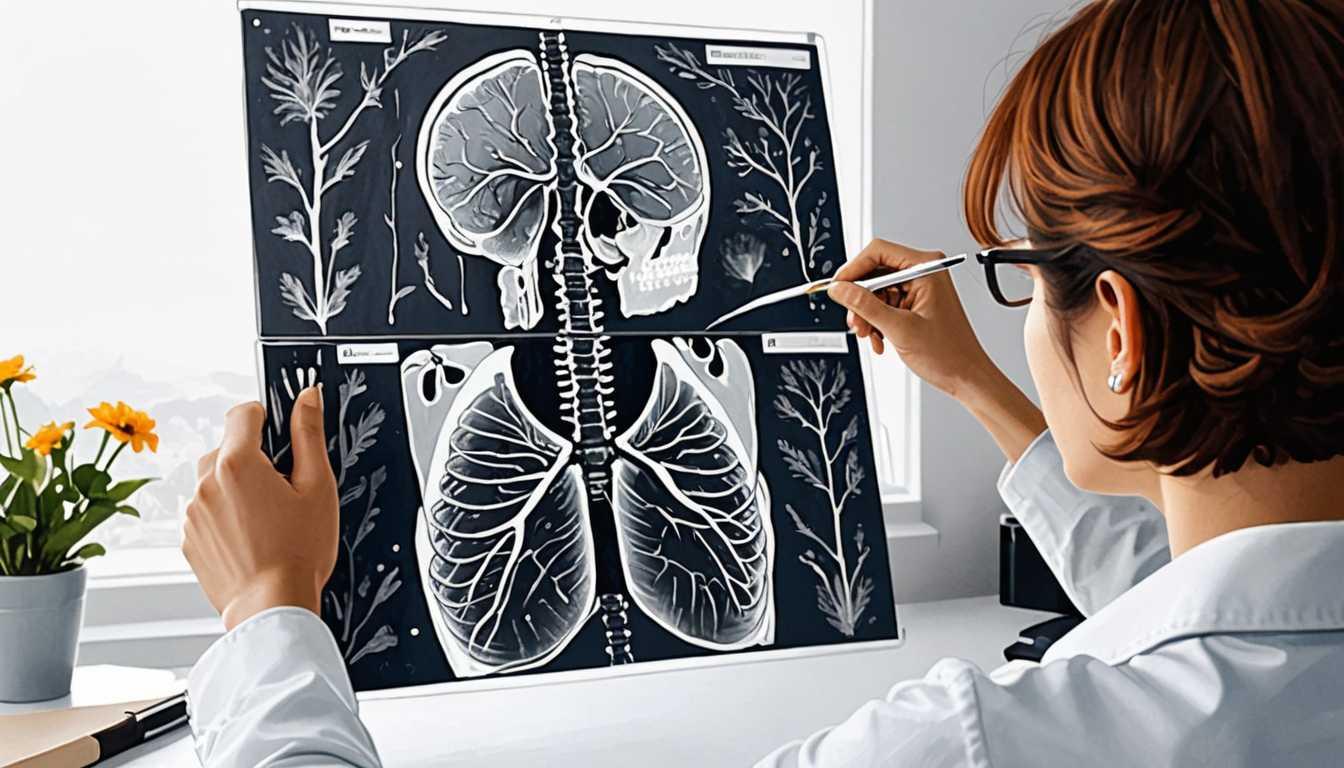AI: The Future of Medicine
July 2023
MIT Technology Review
Introduction
Dive into the future of medicine with MIT Technology Review's eye-opening piece on how AI is revolutionizing health care. In a world where developing a new drug feels like searching for a needle in a haystack (and costs just as much as buying the farm), AI's sharp eye is spotting the needles faster than ever. Discover how machine learning is not just a buzzword but a beacon of hope for pharmaceuticals, slashing failure rates and R&D costs. Get ready to be amazed by how smart our health care is getting!
READ FULL ARTICLEWhy It Matters
Discover how this topic shapes your world and future
Navigating the Future of Health Care
Imagine a world where the medicines we need are developed more quickly, efficiently, and with fewer failures. This isn't just a dream; it's becoming a reality thanks to the power of Artificial Intelligence (AI) and Machine Learning (ML). The journey of creating new drugs is notoriously difficult, expensive, and filled with more failures than successes. But why should you care? Well, these advancements in technology could revolutionize the way we fight diseases, potentially bringing life-saving treatments to the public faster than ever before. Plus, it's not just about health; it's a glimpse into how technology is transforming industries across the globe. For you, this could mean a future where your passions and career might intersect in ways you've never imagined, from developing groundbreaking medical treatments to tackling global health challenges with the click of a button.
Speak like a Scholar
Artificial intelligence (AI)
A branch of computer science where machines are designed to perform tasks that typically require human intelligence. Think of it as a computer playing chess or suggesting what movie to watch next.
Machine learning (ML)
A subset of AI that allows computers to learn and improve from experience without being explicitly programmed. It's like teaching your computer to recognize your voice or predict your favorite songs.
Clinical trials
Research studies performed on people that are aimed at evaluating a medical, surgical, or behavioral intervention. It's the primary way scientists discover whether new treatments are safe and effective.
Digitization
The process of converting information into a digital format. In other words, taking information like a paper document and turning it into a digital file that a computer can understand and process.
Computational models
These are computer simulations that help scientists understand and predict the behavior of complex systems, such as the effectiveness of a new drug, by using mathematical equations.
Molecules
The smallest unit of a chemical substance that can exist. In the context of drug development, scientists are often looking for specific molecules that can treat diseases.
Independent Research Ideas
Exploring the role of AI in reducing drug development costs
Investigate how AI technologies can make drug development more cost-effective, potentially making treatments more accessible worldwide.
The ethics of AI in healthcare
Consider the ethical implications of using AI in healthcare, including privacy concerns, data security, and the potential for AI to make decisions about patient care.
AI and personalized medicine
Research how AI can contribute to the development of personalized medicine, where treatments are tailored to the individual characteristics of each patient.
The impact of ML on predicting disease outbreaks
Explore how machine learning models are being used to predict the outbreak and spread of diseases, potentially saving lives through early intervention.
The future of pharmacies in the AI era
Delve into how AI could transform pharmacies, from automating prescription services to providing personalized health advice, changing how we access medications.
Related Articles

Anesthesia: Beyond the Operating Room
February 2023
MIT Technology Review

Mia: AI's Triumph in Cancer Detection
November 2023
Imperial College London

Smart Anesthesia: The Future of Surgery
November 2023
Massachusetts Institute of Technology (MIT)

Revolutionary Drug Shields Against Diabetes
February 2024
University of Bristol

Metabolic Mysteries: A Global Quest
January 2023
Imperial College London